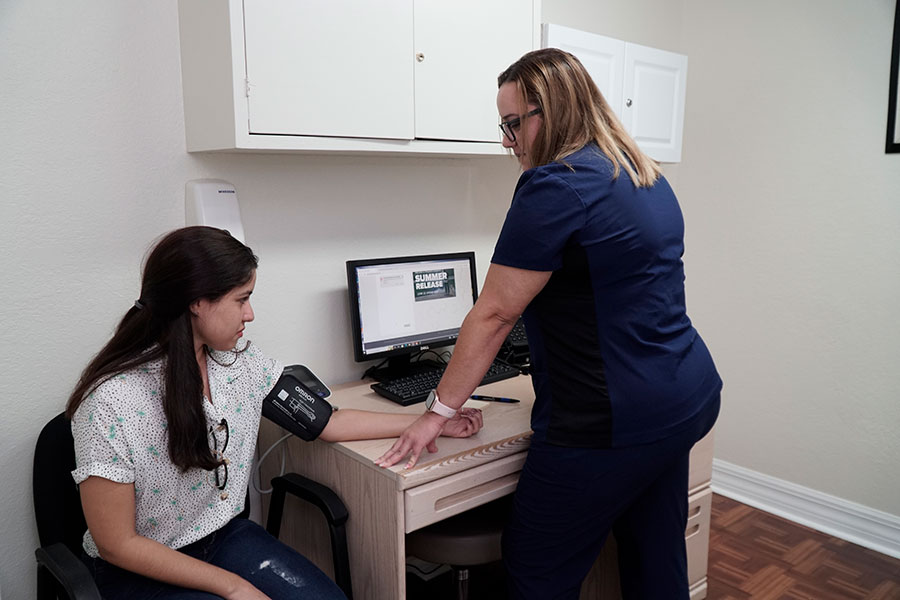A primary care provider will have a durable interrelation with you, helping you get better when you’re sick and stay healthy. Your PCP will be your ally, sharing the responsibility for your wellbeing, physical and mental health.
Primary care providers are also called general practitioners, because they protect all types of everyday health trouble. Your PCP can answer questions about medicines, infections or chronic conditions. With disciplined visits, such as annual health checkups, your PCP will get to know much about you:


Primary care physicians catch possible health issues without delay, before they become critical. People who have a PCP spend less time in the hospital and less money on medical costs eventually.
A PCP gives you real care over your lifetime. He or she will also know when you require more elaborate care, like a specialist or a hospital procedure.
When you are selecting a PCP, you may be able to organize an interview to get to know the professional. Ask questions that can help you decide if the person is a good fit for your needs, lifestyle and personality:

You also may want to think about the PCP’s general office setting and the staff at the PCP’s office:
Most types of healthcare professionals provide primary care. Different specialists are trained to see clear types of patients:
Family practitioners (also known as family doctors) see patients of all ages, occasionally everyone in a family.
Pediatricians care for adolescents and children.
Internal medicine doctors or Internists, they serve only adults.
Geriatricians care for seniors.
Gynecologists and Obstetricians center on women’s health and pregnancy.
Physician auxiliary and nurse professionals also provide primary care. But they must serve as part of a team that includes a primary care physician, and the physician has general management for the patient.

